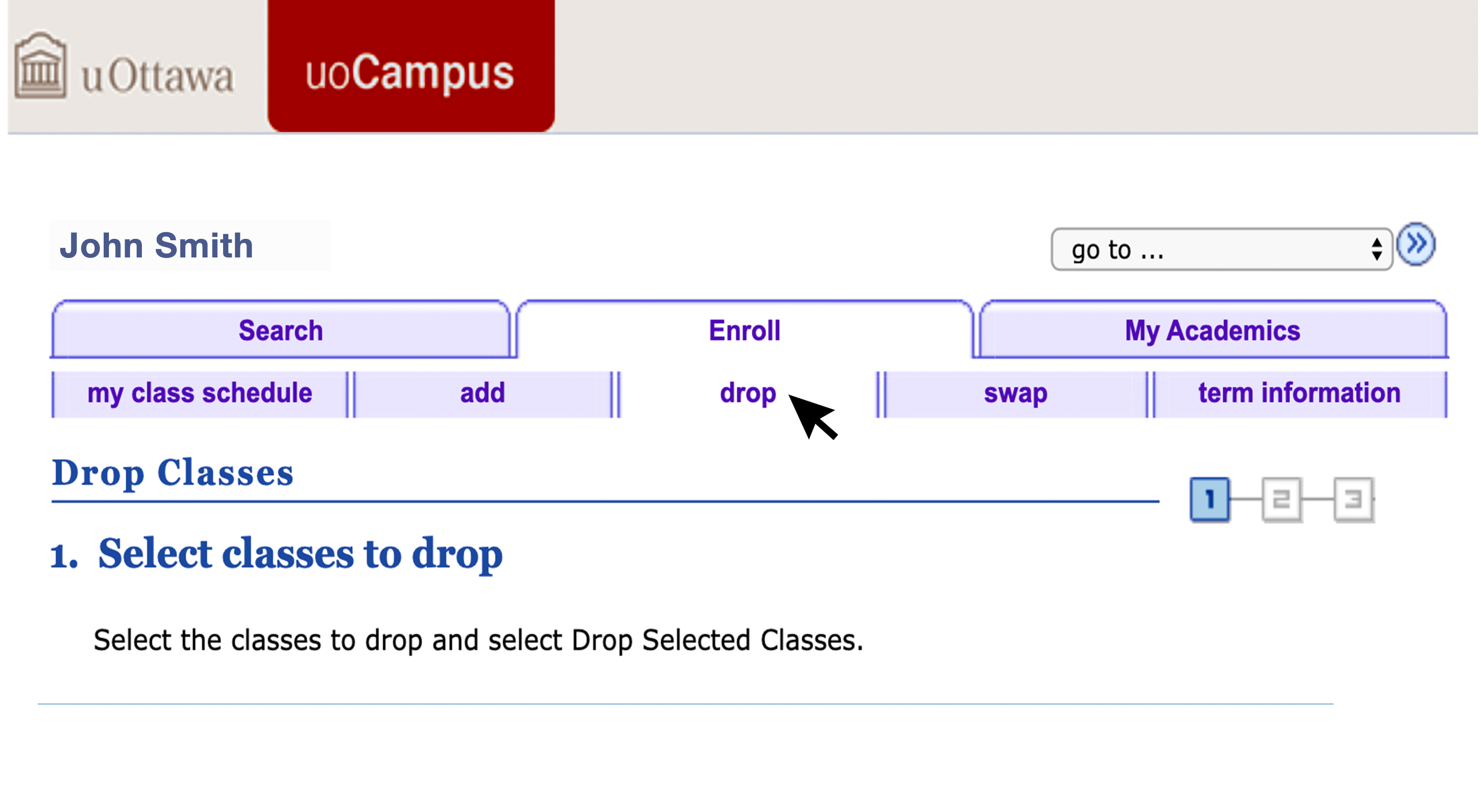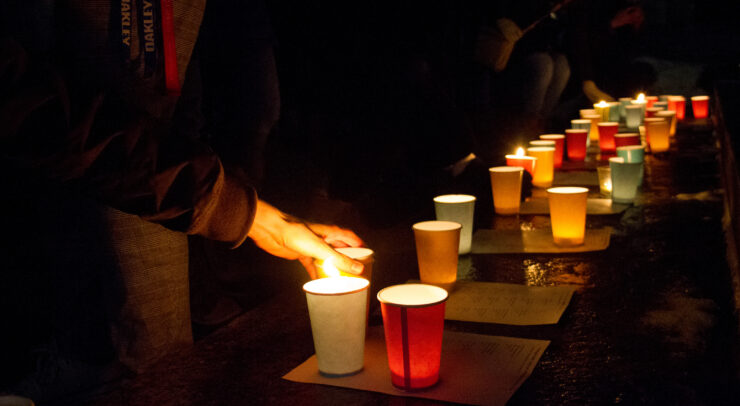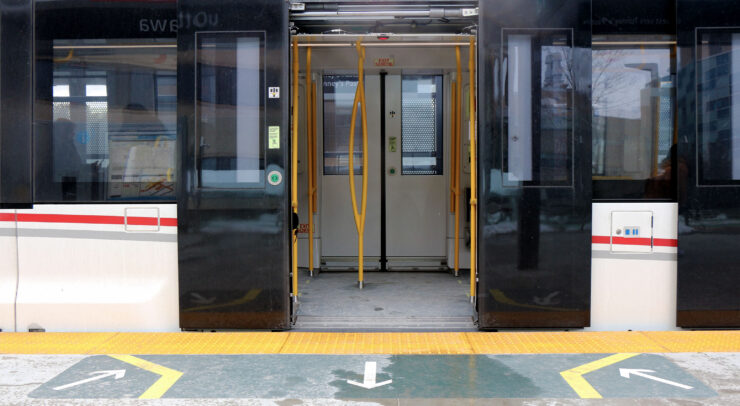Read this if you’re considering dropping out or changing majors
At first, Aly Turner thought it was moving to a new city that made her feel like she didn’t make the right program choice at the University of Ottawa, where she was studying education. But after two months of settling in, Turner decided to drop out.
“At the beginning of October, I had made friends and I was joining clubs,” says Turner. “It showed me that it was not just moving to Ottawa (that made her feel off), it was the program.”
Turner says she found herself disengaged and not wanting to attend her practicum. Things started to pile up and she says she became overwhelmed.
After completing her undergraduate degree at McMaster University, Turner says she understands her interests and limits because she already invested four years into her degree. She says the stress she was feeling at the U of O was different than her regular study stress.
Nadine Rouberge, a student experience supervisor for the U of O’s faculty of arts, says students can create “what-if” scenarios on uoZone to see what credits would carry over if they were to change programs or minors.
“What it doesn’t do is verify admission criteria — it just looks at your courses and sees how it applies,” says Rouberge. “To make sure that what you do have meets this criteria, you usually meet somebody at the faculty.”
Isabelle Mayrand, director of operations with the Office of the Registrar, says while uoZone helps show the progress of a student’s courses and standing, it doesn’t ask the right questions.
“It doesn’t ask: Are sure this is what you want to do? Have you taken everything into consideration before thinking about switching program?” Mayrand says.
Mayrand’s best advice for students thinking about dropping out or switching programs is to speak with their program coordinator.
“Sometimes (students) don’t know about the impacts of changing programs, but it can have some impact on scholarships, co-op and immersion,” Mayrand says.
Mayrand says there are two times of the year when requests open for students to make changes to their programs: Oct. 1 for winter semester changes and March 1 for the summer and fall terms. She says the downside to switching programs in the winter semester is that not a lot of programs and courses are available because they are full.
For students considering dropping out, Rouberge says they should still speak with someone at their department.
“As a faculty, there are different factors to consider,” Rouberge says. “It may not be that you want to leave, it may be that you want to evaluate taking a lighter course load, changing your programs, but if you do want to leave, you want to make sure that you’re leaving with a good academic standing.”
“We’re definitely always here to meet with (students), but anybody they feel comfortable reaching out to is an important step before they decide to drop out,” says Rouberge.
Turner’s advice to students considering dropping out or switching programs is to look at other aspects of their lives.
“If you just moved to a new city, you don’t know anyone, or you’re not active in school life or socially, that might be hindering your experience instead of just the program itself.”
She says before making the decision, she spoke with her family and friends as well as her program coordinator.
Turner says before accepting her offer at U of O, she was looking at attending another university to study applied behavioural analysis and plans to pursue that degree next year.
“Originally I was torn between the two … after being in teacher’s college and getting the placement experience, I realized that I’d rather be more on the health care side.”
Turner’s final piece of advice to students: “Don’t feel like you’re a failure if it doesn’t work out. I know when I was first feeling like I didn’t want to be here, I felt I just did four years of university and I can’t even do two months of being in teacher’s college. I think (students should recognize) that it’s OK to feel like the program you’re in is not for you.”





